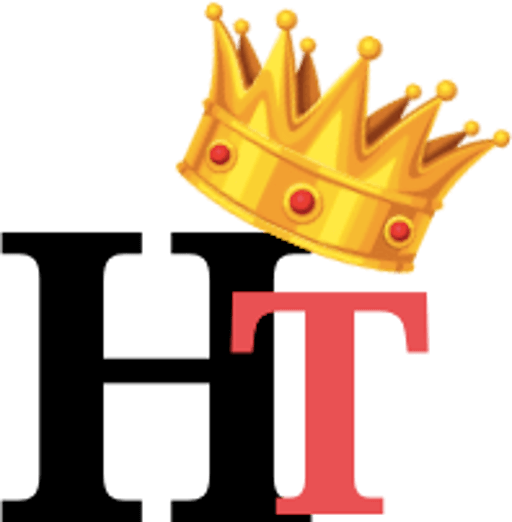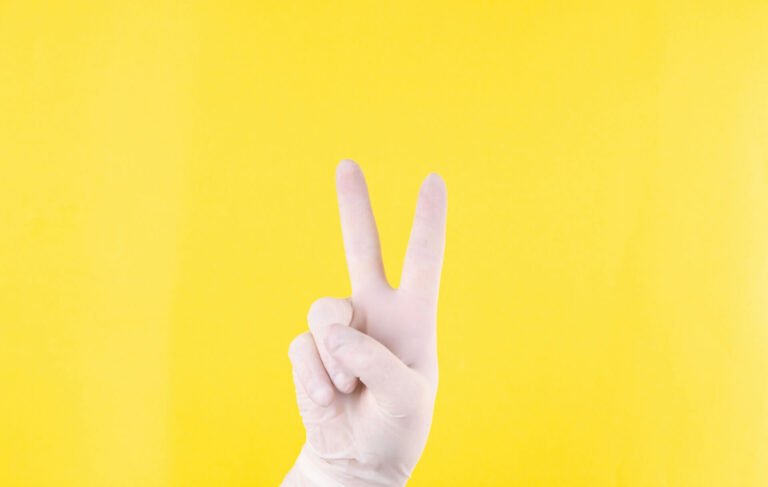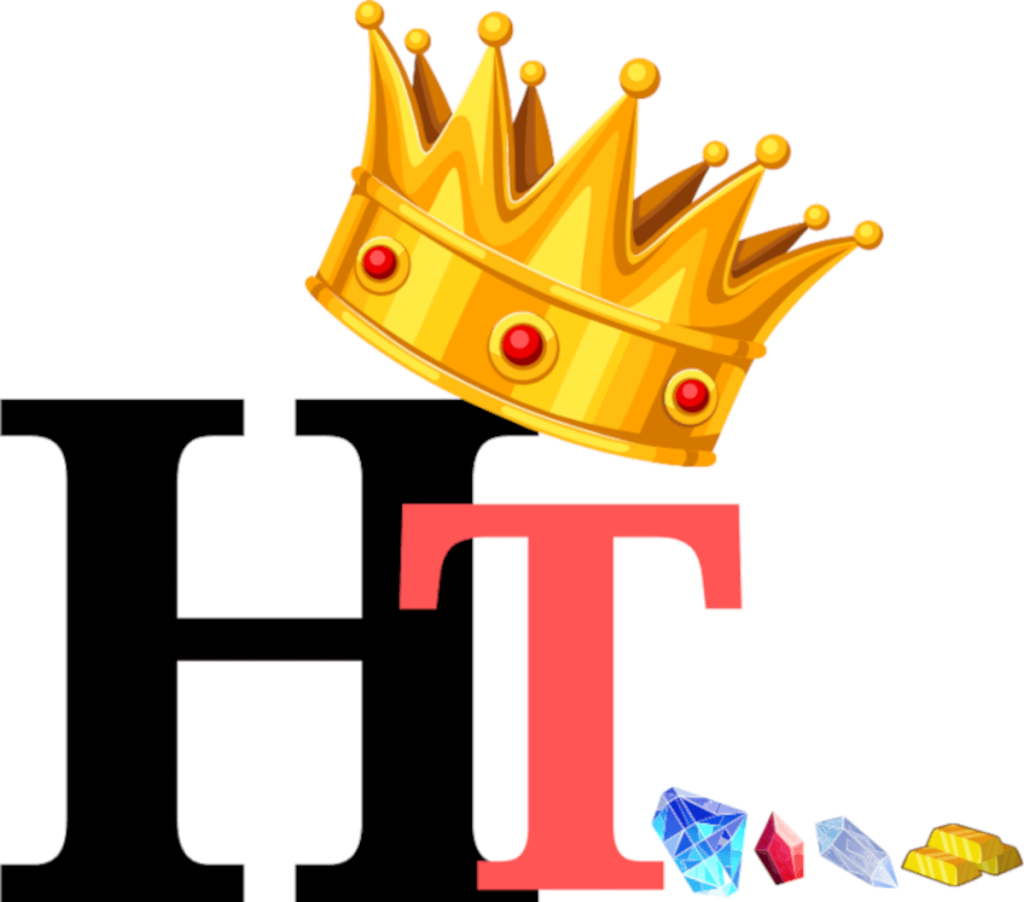Gallbladder attacks, also known as biliary colic, can be excruciating and debilitating. These attacks are often caused by gallstones blocking the bile ducts, leading to intense pain in the upper right abdomen. While seeking immediate medical attention is crucial to relieve gallbladder pain, there are steps you can take at home to alleviate the pain and manage the situation until you receive professional care. This guide will provide comprehensive techniques, tips, and lifestyle changes to help you stop a gallbladder attack while it is happening and prevent future episodes.
Key Takeaways on How to Stop a Gallbladder Attack While It Is Happening
- Immediate Actions: At the onset of a gallbladder attack, it’s crucial to stop eating and drinking, rest, and apply a warm compress to the abdomen to help alleviate pain.
- Pain Management: Over-the-counter pain relievers like ibuprofen or acetaminophen can help manage discomfort. For severe pain, seek medical attention for stronger prescription medication.
- Hydration and Diet: Drinking clear fluids like water or herbal teas can help flush the system. Avoid fatty or spicy foods, which can exacerbate symptoms.
- Medical Intervention: If the pain persists or intensifies, seek immediate medical attention. Symptoms like fever, jaundice, or vomiting indicate the need for urgent care. Bile duct issues, such as bile duct stones or inflammation, can also necessitate urgent medical intervention.
- Long-term Prevention: Implement dietary changes, such as increasing fiber intake and reducing fatty foods, to prevent future attacks. Regular exercise and maintaining a healthy weight are also beneficial.

Understanding Gallbladder Attacks
What is a Gallbladder Attack?
A gallbladder attack occurs when gallstones obstruct the flow of bile from the gallbladder to the small intestine. This blockage causes sudden and severe pain, inflammation, and other symptoms that can last from a few minutes to several hours.
In severe cases, a laparoscopic cholecystectomy may be recommended to remove the gallbladder and prevent future attacks.
Symptoms of a Gallbladder Attack: Severe Pain
Common symptoms include:
- Sudden, intense pain in the upper right abdomen or center of the abdomen
- Pain that spreads to the right shoulder or back
- Nausea and vomiting
- Fever and chills (if infection is present)
- Jaundice (yellowing of the skin and eyes)
Immediate Relief Techniques
1. Over-the-Counter Pain Relievers
Nonsteroidal anti-inflammatory drugs (NSAIDs) like ibuprofen or acetaminophen can help reduce abdominal pain, and inflammation during a gallbladder attack. Follow the dosage instructions on the package and avoid exceeding the recommended amount.
2. Warm Compress
Applying a warm compress or heating pad to the affected area can help relax the muscles and reduce pain. Place the warm compress on your upper right or upper abdomen, for 20-30 minutes at a time.
3. Hydration
Drinking plenty of water can help flush out the bile ducts and reduce the concentration of bile, potentially alleviating the blockage. Aim to drink at least 8-10 glasses of water a day.
4. Apple Cider Vinegar
Some people find relief by drinking a mixture of apple cider vinegar and warm water. Mix 1-2 tablespoons of apple cider vinegar in a glass of warm water and drink it slowly. This remedy may help reduce inflammation and dissolve gallstones.
5. Magnesium Supplement
Taking a magnesium supplement or dissolving a magnesium tablet in water can help relax the bile ducts and ease the passage of gallstones. Consult with a healthcare provider before taking any supplements.
Long-Term Management and Prevention
1. Dietary Changes
Adopting a healthy diet is crucial for preventing future gallbladder attacks. Focus on:
- High-fiber foods: Fruits, vegetables, whole grains, and legumes
- Lean proteins: Chicken, turkey, fish, and plant-based proteins
- Healthy fats: Olive oil, avocados, nuts, and seeds
- Avoiding trigger foods: Fatty, fried, and processed foods, as well as dairy and sugary items
2. Regular Exercise
Maintaining a regular exercise routine can help manage weight and improve overall digestive health, reducing the risk of gallstones. Aim for at least 30 minutes of moderate exercise most days of the week.
3. Hydration
Staying hydrated supports overall digestive health and helps prevent the formation of gallstones. Drink at least 8 glasses of water daily.
4. Healthy Weight Management
Obesity is a significant risk factor for gallbladder disease. Achieving and maintaining a healthy weight through a balanced diet and regular exercise can reduce the likelihood of gallstones.
5. Herbal Remedies
Certain herbs, such as milk thistle, turmeric, and dandelion root, are believed to support liver and gallbladder health. Consult with a healthcare provider before using herbal remedies, especially if you are on medication or have other health conditions.
Misunderstandings and Sparsely Discussed Factors
1. Misconception: Fatty Foods Are the Only Triggers
While fatty foods are a common trigger, other factors like rapid weight loss, fasting, and certain medications can also contribute to gallstone formation and attacks.
2. Financial Considerations
Managing gallbladder health can be costly, especially if surgical intervention is needed. Preventative measures, such as maintaining a healthy diet and weight, can help with gallbladder inflammation and reduce these costs in the long run.
3. Overlooked Factors
Stress and poor sleep can impact overall and digestive system health and may contribute to gallbladder problems. Incorporating stress management techniques and ensuring adequate sleep can support gallbladder health.
When to Seek Medical Attention
While home remedies and lifestyle changes can help manage symptoms, it is essential to seek medical attention if:
- The pain is severe and persistent
- You experience fever, chills, or jaundice
- There is an inability to keep food or liquids down
- You have a history of gallstones or gallbladder disease

Financial Aspects and Misunderstandings of Managing Gallbladder Attacks
Financial Implications
Cost of Immediate Medical Care
Experiencing a gallbladder attack often necessitates immediate medical attention, which can lead to significant healthcare costs. Emergency room visits, diagnostic tests such as ultrasounds or CT scans, and prescribed medications can quickly add up. In the United States, an average ER visit can cost anywhere from $1,200 to $3,000, and the addition of diagnostic tests can significantly increase this amount.
Gallbladder Removal Surgery Costs
If a gallbladder attack leads to the recommendation of gallbladder removal surgery (cholecystectomy), the costs can be substantial. The total cost for gallbladder removal surgery can range from $15,000 to $30,000, depending on whether the surgery is performed as a laparoscopic cholecystectomy or through an open procedure. This amount typically includes surgeon fees, anesthesia, hospital charges, and post-operative care.
Long-Term Medication and Follow-Up
For individuals who manage gallbladder issues through medication and regular follow-ups rather than immediate surgery, the ongoing costs can also be considerable. Prescription medications to manage gallbladder pain and inflammation, along with regular doctor visits for monitoring, can become a recurring expense.
Advantages of Preventative Care
Cost Savings Through Lifestyle Changes
Implementing preventative measures can lead to significant cost savings by reducing the frequency and severity of gallbladder attacks. Lifestyle changes such as adopting a gallbladder-friendly diet, maintaining a healthy weight, and avoiding known triggers can minimize or remove the gallbladder from need for emergency medical care and reduce the likelihood of needing surgery.
Insurance Coverage
Understanding your health insurance coverage can greatly impact the financial burden of managing gallbladder health. Comprehensive insurance plans may cover a significant portion of the costs associated with emergency visits, diagnostic tests, and surgeries. It is essential to review your policy and understand the extent of coverage, including deductibles, copayments, and out-of-pocket maximums.
Common Misunderstandings
Misconception: All Gallbladder Attacks Require Surgery
A prevalent misunderstanding is that every gallbladder attack necessitates surgery. While some severe cases do require surgical intervention, many can be managed with lifestyle changes, medications, and non-surgical treatments. Consulting with a healthcare provider can help determine the best course of action based on individual circumstances.
Misconception: Only Fatty Foods Trigger Attacks
While fatty foods are a common trigger for gallbladder attacks, they are not the only culprits. Other factors such as rapid weight loss, fasting, and certain medications can also contribute to gallstone formation and gallbladder attacks. A well-rounded approach to diet and health is crucial for prevention.
Sparsely Discussed Factors
Impact of Stress and Mental Health
The role of stress and mental health in gallbladder health is often overlooked. Chronic stress can exacerbate digestive issues and may contribute to the frequency of gallbladder attacks. Incorporating stress management techniques such as meditation, yoga, and regular exercise can support overall digestive health and reduce the risk of gallbladder problems.
Importance of Hydration
Adequate hydration is essential for maintaining bile consistency and supporting overall gallbladder function. Dehydration can lead to concentrated bile, increasing the risk of gallstone formation. Drinking at least 8-10 glasses of water daily is a simple yet effective measure for gallbladder health.
Herbal and Alternative Remedies
Some herbal and alternative remedies, such as milk thistle, dandelion root, and turmeric, are believed to support liver and gallbladder health. While there is limited scientific evidence to conclusively prove their effectiveness, these remedies are popular among those seeking natural approaches to managing gallbladder health. It is important to consult with a healthcare provider before starting any herbal supplements.
let’s wrap this up…
Understanding how to manage and prevent gallbladder attacks involves a combination of immediate relief techniques and long-term lifestyle changes. By adopting a healthy diet, staying hydrated, exercising regularly, and managing stress, you can reduce the risk of future gallbladder issues. For more detailed guides and insights, visit HowToKings.com, your comprehensive resource for DIY guides, tech tutorials, and expert advice on finance and personal development.
Remember, while these tips can help manage symptoms, they are not a substitute for professional medical advice. Always consult with a healthcare provider for proper diagnosis and treatment.
*Editor’s Note: The information in this article is intended for your educational use only and is not a substitute for professional medical advice, diagnosis, or treatment. Always seek the advice of your physician or other qualified health providers with any questions you may have regarding a medical condition before undertaking any diet, supplement, fitness, or other health programs.




